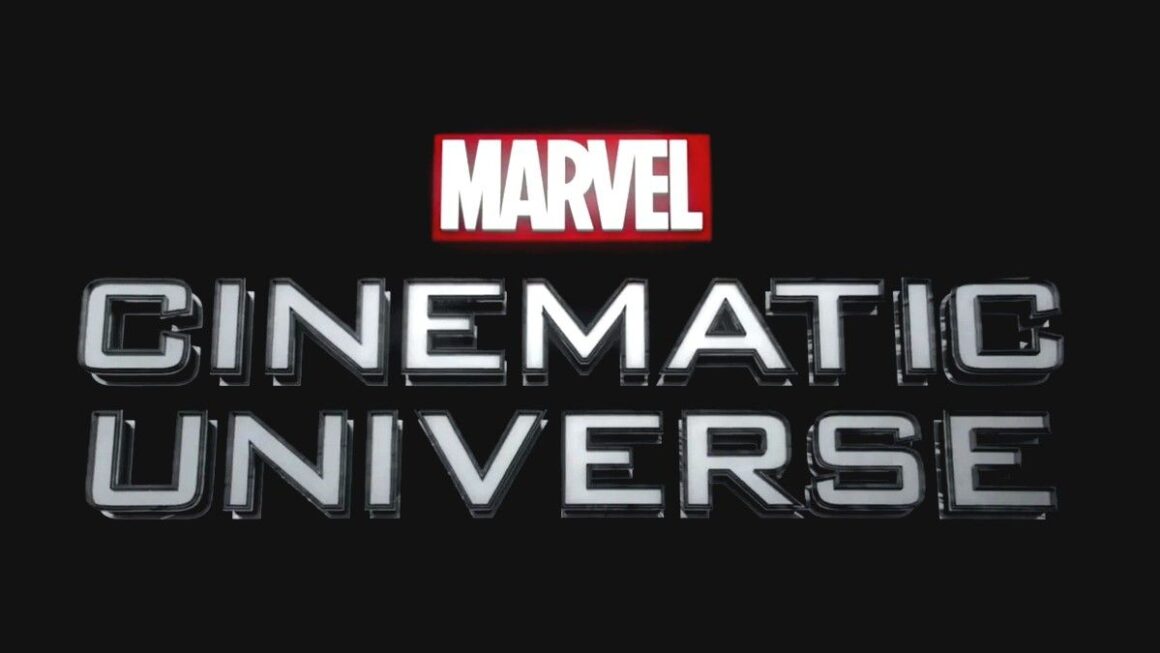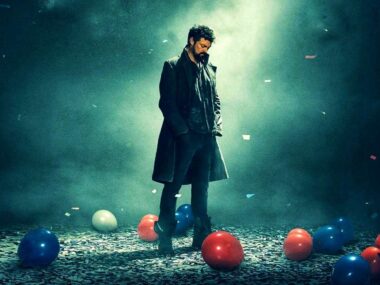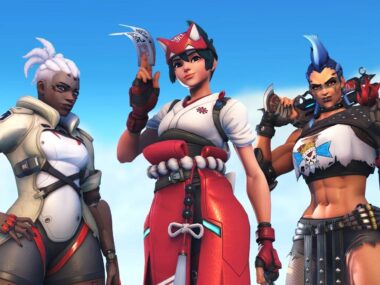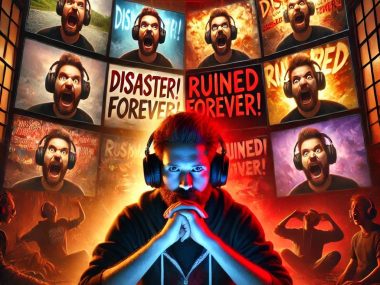When Avengers: Endgame rolled credits in 2019, Marvel had achieved something unprecedented. A decade-spanning narrative that pulled together dozens of characters into one grand finale. The Infinity Saga worked because it was structured, cohesive, and anchored by charismatic leads like Iron Man and Captain America.
Since then, the Marvel Cinematic Universe feels more like a machine spitting out content than a story unfolding with purpose. Films like Ant-Man and the Wasp: Quantumania, The Marvels, and most recently Fantastic Four: First Steps stumbled at the box office. Audiences wonder if the era of Marvel dominance is over. What went wrong and is there a way to turn things back around?
Oversaturation and Audience Fatigue
The first problem was quantity. Marvel flooded theaters and Disney+ with an avalanche of TV shows, movies, and holiday specials. All of these projects are interconnected but rarely come together to form a cohesive story.
Instead of building anticipation, Marvel burned audiences out. When every release is marketed as “must-watch,” nothing feels special. Fans who once rearranged their calendars for new Marvel releases now shrug and wait for it to hit Disney+.
A Universe Without a Center
The Infinity Saga worked because there was a clear arc. Thanos looming in the background, threatening to eradicate half of all sentient life. Post-Endgame, Marvel hasn’t found its next big story.
Kang was supposed to be the big bad, but between Jonathan Majors’ firing and lackluster reception to Quantumania, that storyline collapsed. Unlike Iron Man or Captain America, the new generation of heroes hasn’t clicked with audiences on the same level. Without a unifying villain or central character, the MCU feels more like a scattershot collection of side quests.
Creative and Leadership Missteps
Some critics blame “identity politics” or diversity initiatives for Marvel’s slump. That’s a lazy argument that takes the blame away from the fact that the writing wasn’t all that good. Every project could’ve had nothing but white actors with storylines that leaned more conservative, and they still would have sucked
If strong storytelling is there, audiences will show up. X-Men ’97 had a diverse cast and tackled social issues head-on, yet it’s been praised as one of Marvel’s best projects in years. The difference wasn’t who was on screen, but the quality of the story playing out before us.
Instead, recent projects leaned on half-baked quips, cameos from characters from past Marvel projects, and underwhelming character arcs. Marvel seemed to believe the brand alone could carry weaker scripts. It didn’t.
VFX Strain, Budget Bloat, and the Nostalgia Trap
Behind the scenes, overworked VFX teams and ballooning budgets led to movies that looked rushed yet cost half a billion dollars. At the same time, Marvel leaned harder on nostalgia, trotting out Hugh Jackman’s Wolverine, having Robert Downey Jr. play Dr. Doom in the next Avengers films, and resurrecting Fox-era characters like the X-Men.
Nostalgia works for a moment, but it isn’t a foundation. If all Marvel can offer is a greatest-hits tour, audiences will stop treating new films as events and start treating them like reruns.
A Glimpse of Redemption: Fantastic Four: First Steps
There are signs Marvel can still deliver when it slows down and refocuses. Fantastic Four: First Steps, released in July 2025, avoided the origin-story fatigue by dropping the team straight into an alternate 1960s-inspired universe. The visuals leaned into a retro-futuristic aesthetic, the family dynamic took center stage, and villains like Galactus and Silver Surfer felt properly intimidating.
The film still underperformed compared to Marvel’s peak years, pulling in under $500 million globally. For critics and fans, it proved the MCU wasn’t completely out of gas. With tighter storytelling and sharper character focus, the old spark flickered again, if only briefly.
Can Marvel Turn the Tide?
Disney knows it can’t sustain the current model. The studio is scaling back its flood of content, producing fewer shows, and focusing on quality over quantity. Budgets are being cut to avoid costly flops. Established crowd-pleasers like Spider-Man and Deadpool are getting more attention, while ensemble films like Avengers: Doomsday and Secret Wars are being positioned as nostalgia-driven events.
The short-term plan is clear: rely on proven characters to prop up the brand. The long-term challenge is finding a new narrative spine that can give the MCU cohesion again. Without it, every project risks feeling like filler.
Marvel hasn’t lost its ability to entertain, it’s lost its focus. Oversaturation, weak scripts, and an overreliance on nostalgia dulled the franchise’s cultural spark. But Fantastic Four: First Steps and Thunderbolts* showed the MCU can still deliver a quality film when storytelling comes first.
The MCU doesn’t need another Thanos-level villain tomorrow. What it needs is fewer projects, stronger scripts, and the confidence to tell stories that stand on their own. If Marvel can remember why audiences fell in love in the first place, the post-Endgame slump doesn’t have to be permanent.






